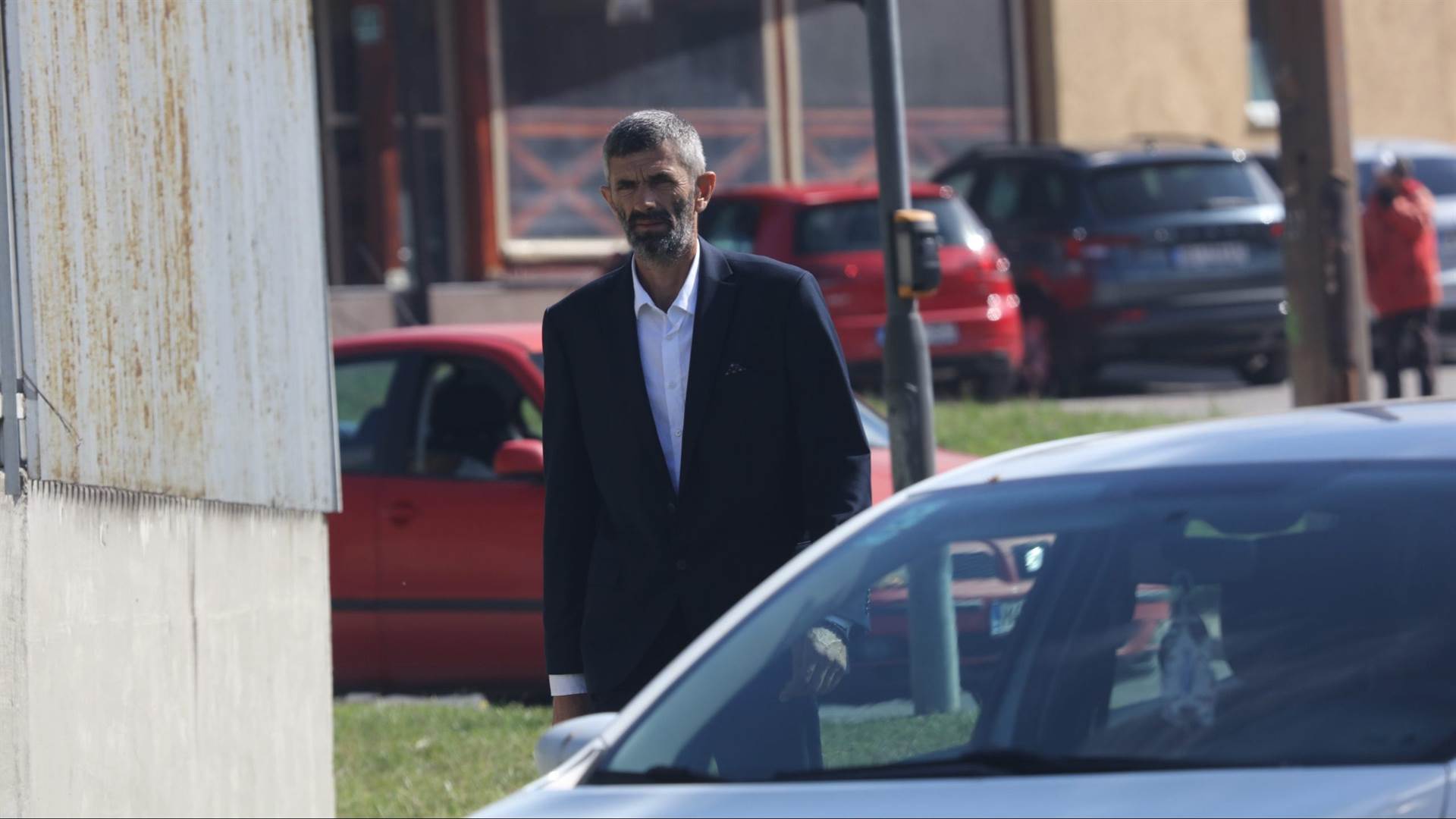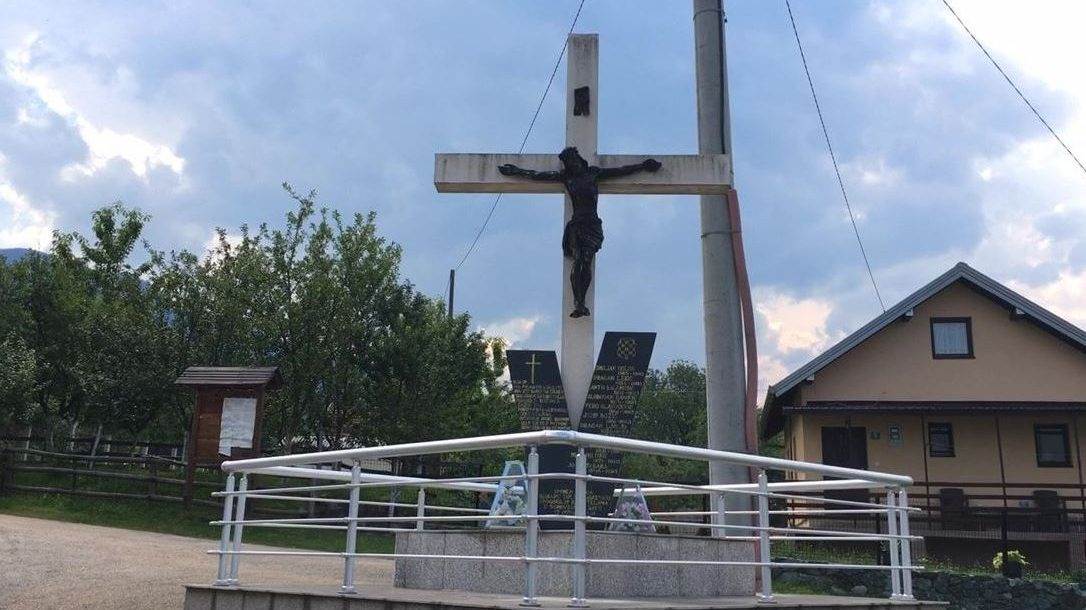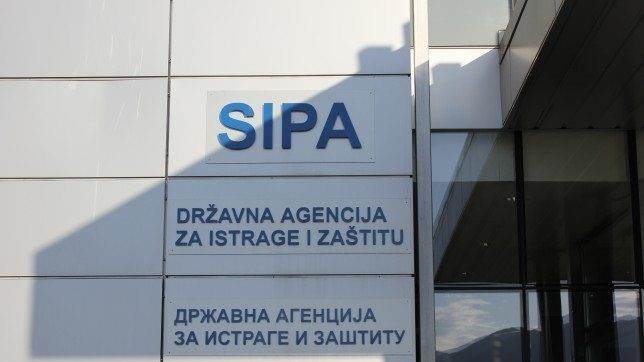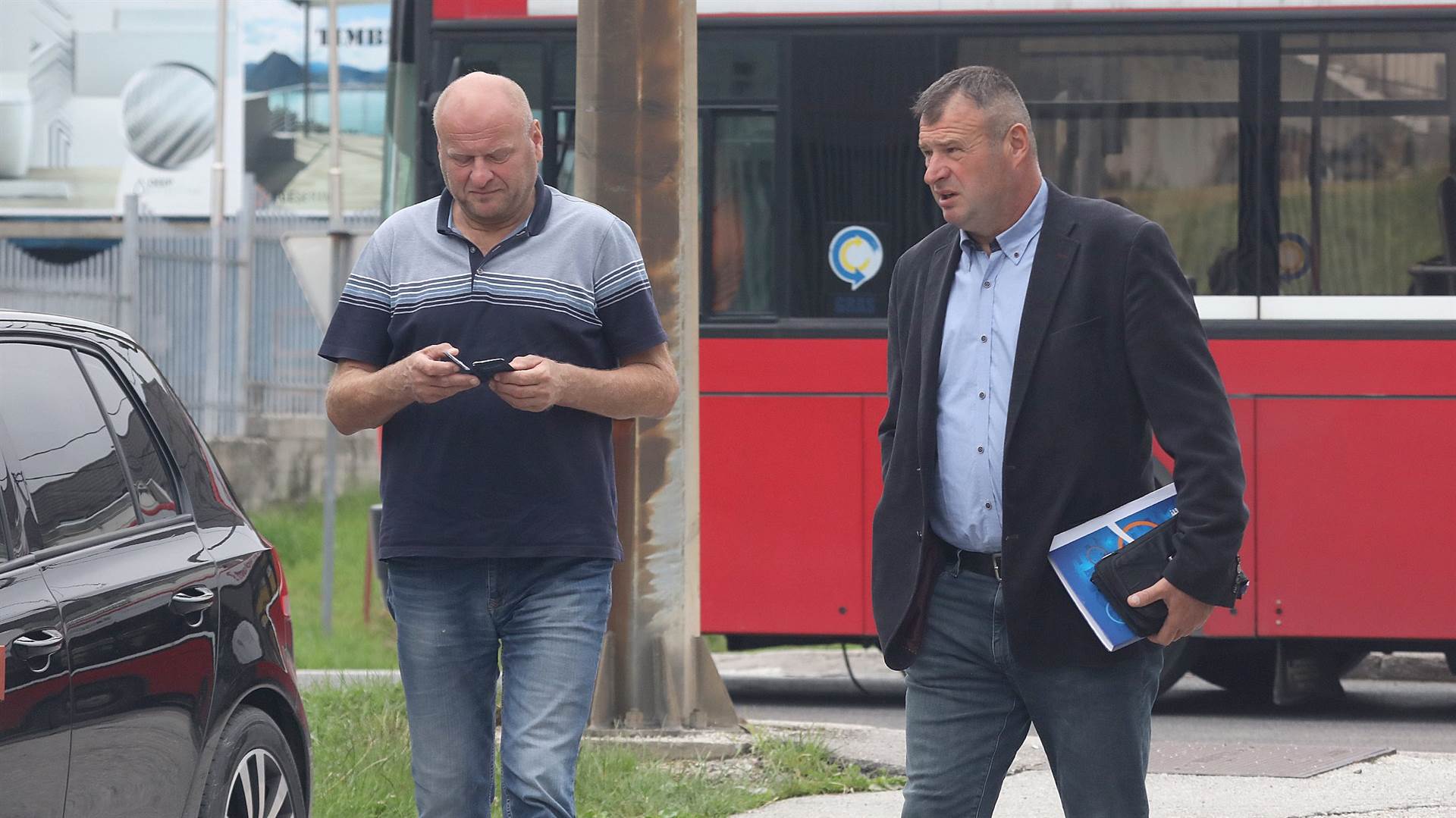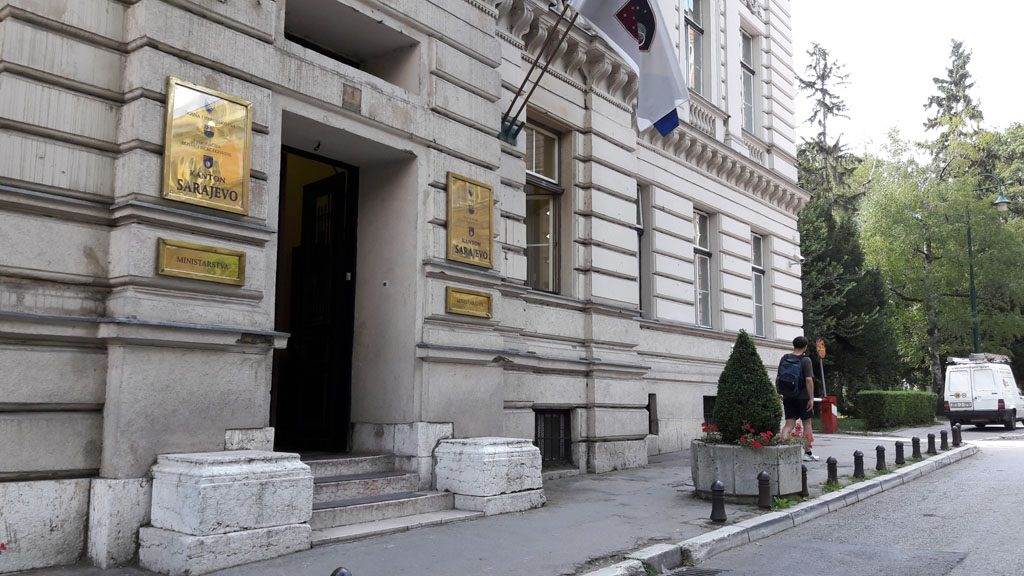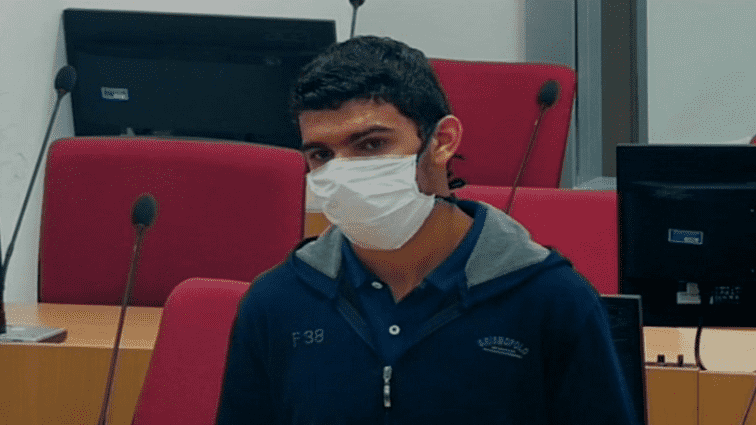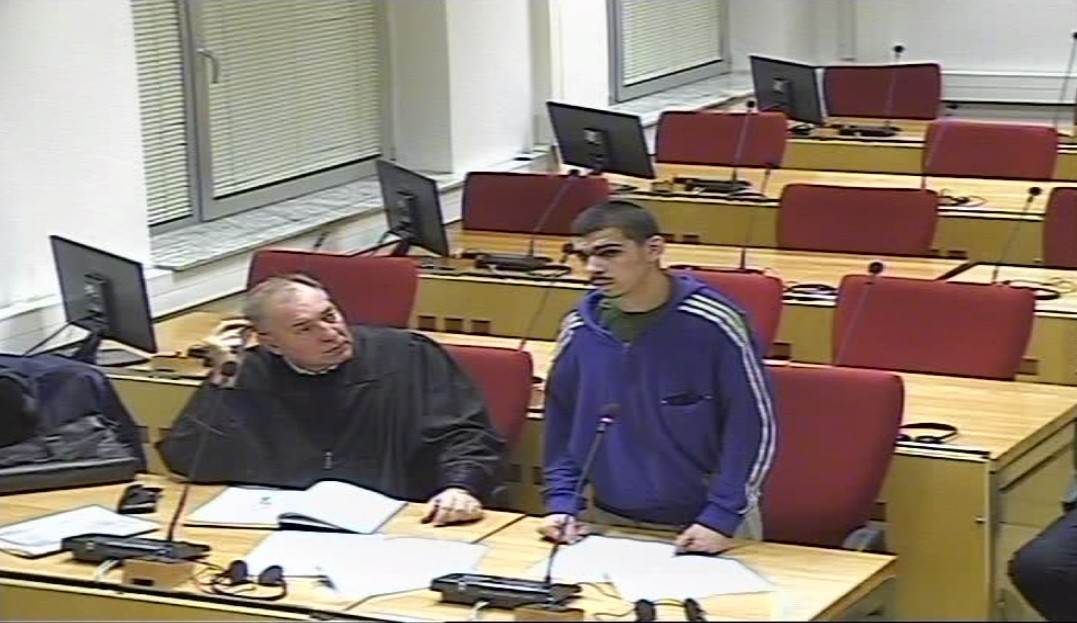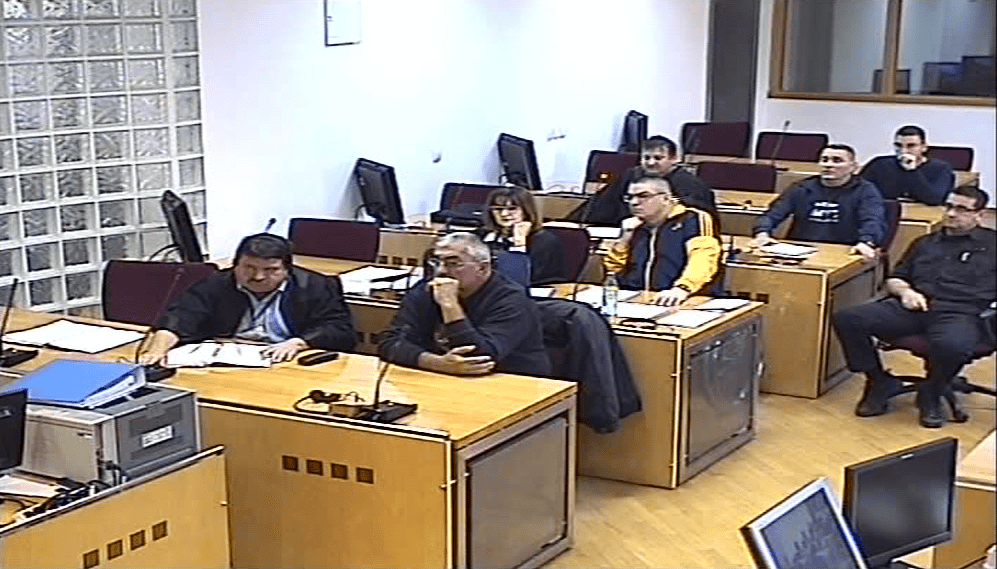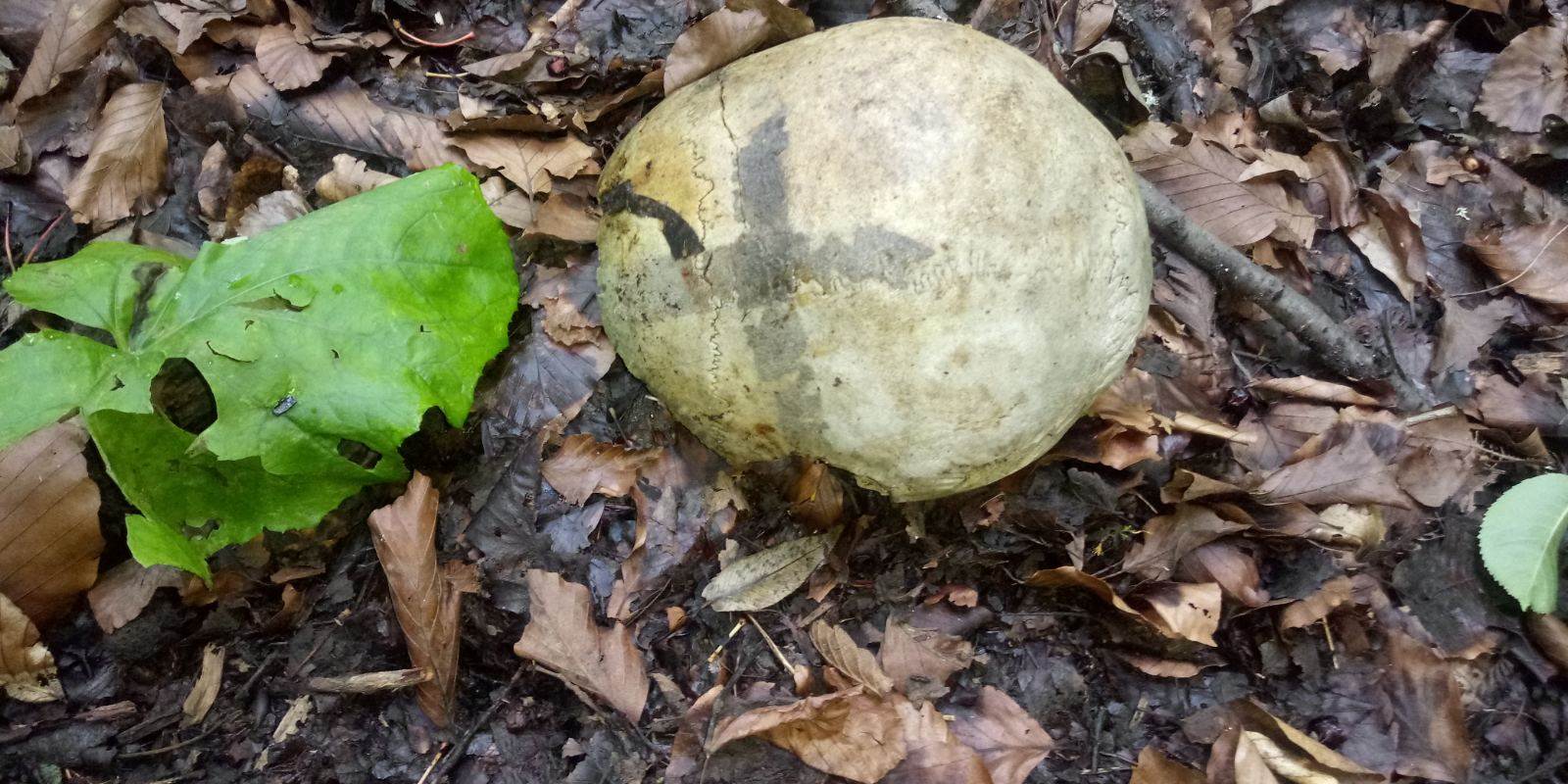The Bosnian court sentenced Boris Bosnjak, Miodrag Grubacic and Ilija Djajic to a total of 21 years in prison for the inhumane treatment of Bosniak and Croat civilian detainees held...
The families of two men who were killed while fleeing their homes during the Bosnian war in 1993 have appealed to prosecutors many times to find the killers - but...
Ratko Djurkovic, former commander of the First Battalion of the Bosnian Serb Army’s First Majevica Brigade, is suspected of failing to prevent troops murdering Bosniak civilians and captives in the...
Former Bosnian Serb Army battalion commander Srecko Acimovic asked the Bosnian court to acquit him of genocide, saying that he tried but failed to prevent a massacre of Bosniaks from...
The authorities in the Sarajevo Canton allocated around 1,370,000 euros from 2013 to 2020 to help defend mainly Bosniak ex-soldiers and police officers on trial for war crimes and to...
The Bosnian state court has decided to end the custody remand for Hamza La-bidi, who has been accused of joining foreign paramilitary groups in Syria, de-fence lawyer Bakir Hecimovic confirmed...
Testifying at the Bosnian state court at the trial of Hamza Labidi, who is accused of joining foreign paramilitary groups in Syria, a criminology expert said that the defendant’s identity...
Radenko Marinovic, who was found not guilty of participating in the persecution of the Bosniak population in the Prijedor area in 1992, is suing the state for around 25,500 euros...
The suspected remains of a Bosniak war victim have been found close to the house of former Bosnian Serb paramilitary leader Milan Lukic, who is already serving a life sentence...
